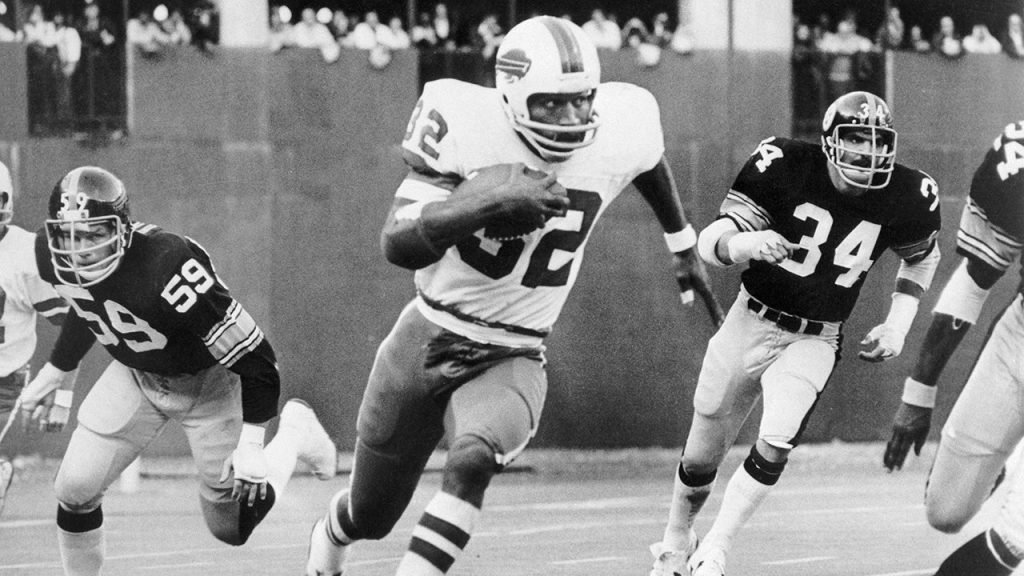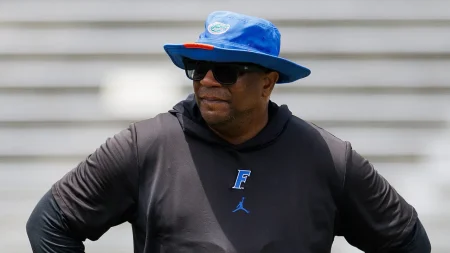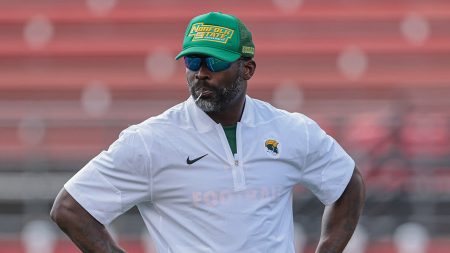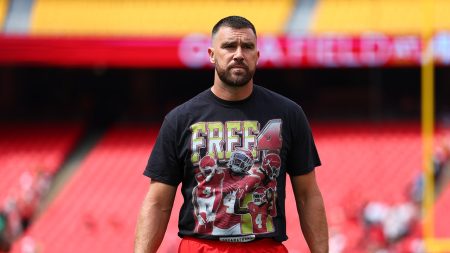O.J. Simpson, who recently passed away after battling prostate cancer, will be cremated with no plans to donate his brain to the research of chronic traumatic encephalopathy (CTE), as reported by the New York Post. Simpson’s attorney and executor, Malcolm LaVergne, mentioned that the family has unequivocally rejected multiple requests for Simpson’s brain to be donated to CTE research. The decision to cremate Simpson’s remains was signed off on, with LaVergne stating that Simpson wanted his body to be cremated so his children could decide what to do next.
The debate surrounding the links between former NFL players and CTE has been ongoing, with recent data showing a strong connection. In 2023, the Boston University CTE Center revealed that 92% of the 376 former NFL players studied were found to have CTE. CTE is described by the Mayo Clinic as a degenerative brain disease that is likely caused by repeated head injuries, with a definitive diagnosis only possible through a posthumous brain autopsy. While symptoms of the disease are not conclusive, anger is often associated with those diagnosed.
Despite his prolific NFL career, Simpson was ostracized after the 1994 murders of his ex-wife, Nicole Brown Simpson, and Ronald Goldman. Though he was acquitted of those crimes, he was never able to fully shake off the stigma. Simpson died at the age of 76, with his remains expected to be cremated on Tuesday, according to LaVergne. The decision to cremate Simpson’s body aligns with his wishes, and the family plans to have a private “celebration of life-type service” for close friends and family at a later date.
The refusal to donate Simpson’s brain for CTE research raises questions about the obstacles faced in studying the long-term effects of head injuries in professional athletes. While the connection between CTE and repeated head trauma is well-documented, obtaining brain samples from deceased individuals remains a significant challenge. Despite advances in research, the complexities surrounding CTE diagnosis and treatment continue to be a pressing issue in the sports world.
The decision not to donate Simpson’s brain also sheds light on the privacy and autonomy of individuals, even after their passing. Despite the potential benefits of brain donation for research purposes, the family’s wishes and intentions must be respected. As more research is conducted on CTE and its impact on athletes, it is crucial to strike a balance between advancing scientific knowledge and honoring the wishes of the deceased and their loved ones.
In conclusion, the decision to cremate O.J. Simpson’s remains without donating his brain to CTE research reflects the family’s wishes and Simpson’s desire for his children to decide on the handling of his body. The ongoing debate surrounding CTE in former NFL players highlights the need for further research and understanding of the long-term effects of head injuries in athletes. Despite the controversy surrounding Simpson, his legacy and the challenges of studying CTE in athletes, his passing serves as a reminder of the complexities surrounding brain donation, research, and respecting the wishes of the deceased and their families.













